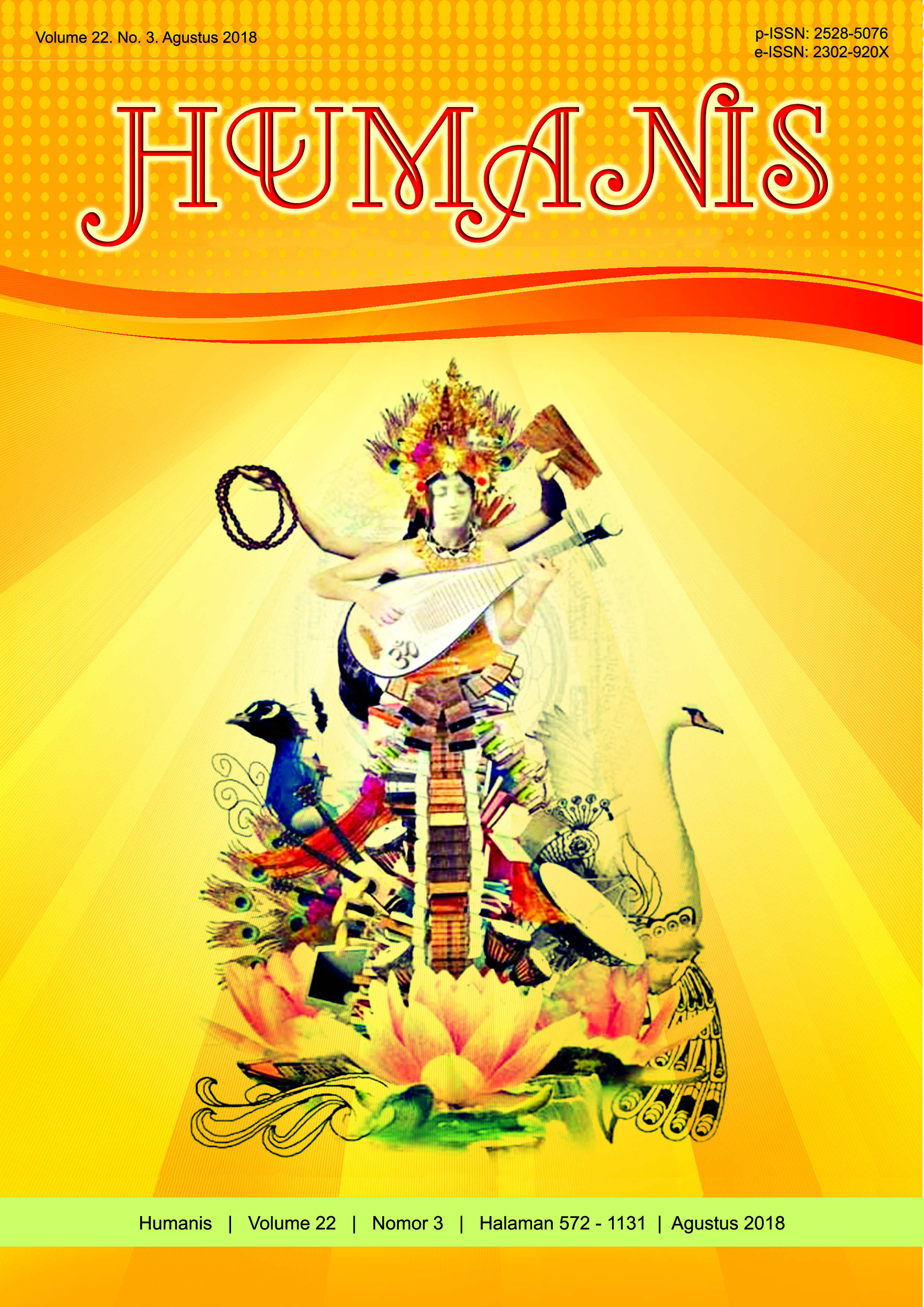The Context of Situation and Perlocutionary Acts Used in the Movie “Freaky Friday”
Abstract
The title of this undergraduate thesis is The Context of Situation and Perlocutionary Acts Used in the Movie “Freaky Friday”. The discussion of this study is focused on the context of situation influencing perlocutionary acts and the types of perlocutionary acts in the movie ‘Freaky Friday’. The data of this study were taken from the movie “freaky Friday”. This movie is very interesting because the story is good and it presents amazing utterances. Because of that, it is worth to be analyzed. The data were collected by observing and watching the movie intensively to find out the script of the movie as secondary data, then reading the script of the movie. Furthermore, all the dialogues as the data related to speech acts were transcribed. In analyzing the data, first, identifying the utterances after that categorizing them into speech act component the next thing to do was analyzing the context of situation influencing the perlocutionary acts. Second, analyzing the types of perlocutionary acts. There were two theories used to analyze the data. First, the theory of Speech Acts proposed by Austin which was used to analyze the Perlocutionary Acts, and the second one was the theory of Ethnography of Communication proposed by Dell Hymes. The theory was used to analyze the Context of Situation influencing the perlocutionary acts. The result of this study shows that there are six types of perlocutionary acts found in this movie; they are making someone angry, intimidating, scaring, embarrassed, irritating, and persuading. Also, the context of situation takes an important part because it influences the action from the hearer.


















